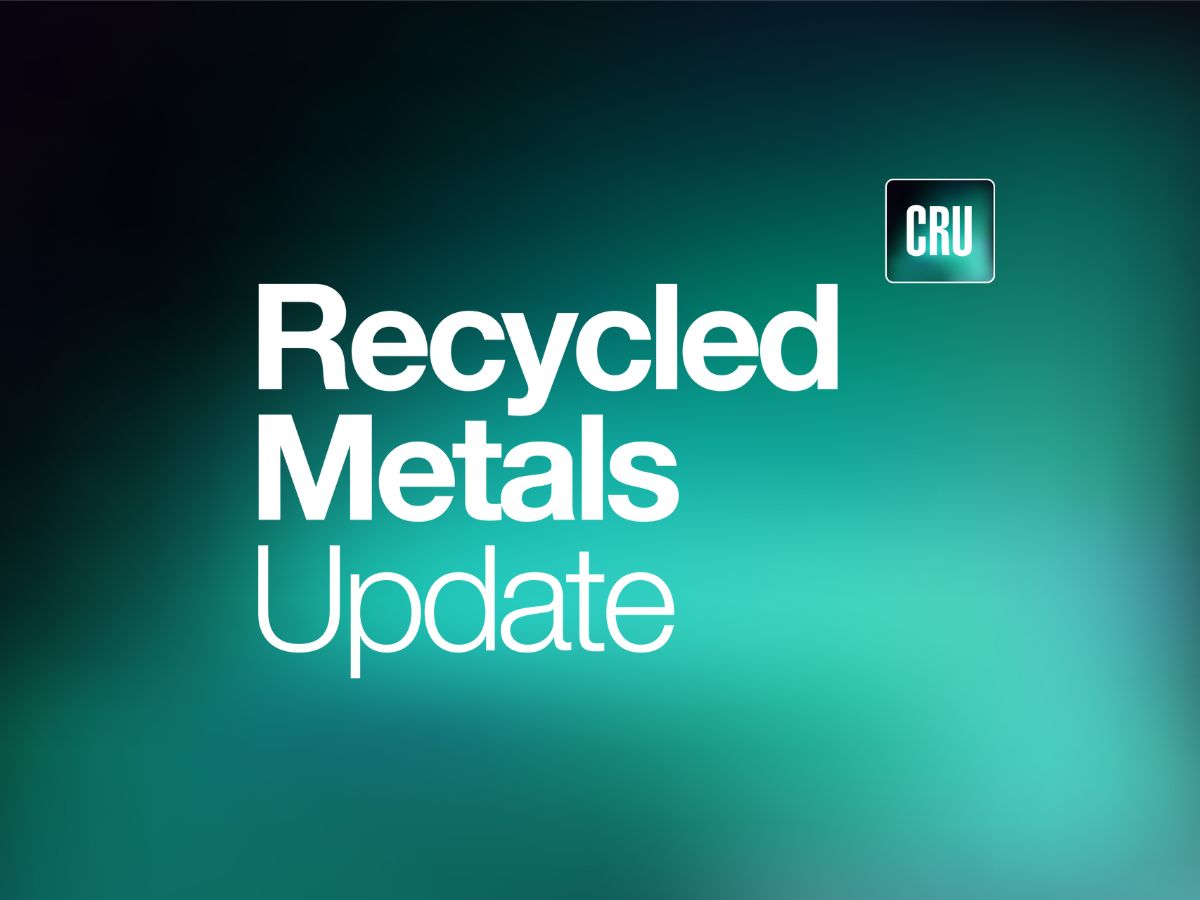Market

June 18, 2024
Navigating the shifting EV landscape, fears rise from recent auto ownership study
Written by Gabriella Vagnini
Recent trends indicate a growing number of electric vehicle (EV) owners are considering switching back to gas vehicles. This shift, driven by a variety of factors, has significant implications for the recycled metals industry, and understanding these trends and their impact on metal demand is crucial for stakeholders. We are already noticing the market reacting as Umicore lowers forecasts in sluggish EV market.
EV ownership trends
Studies reveal that up to half of non-Tesla EV owners are contemplating a return to gas or diesel cars for their next vehicle. Key reasons for this shift include:
1. Pricing concerns: Despite falling battery costs, the overall price of EVs remains 15% higher compared to traditional gas vehicles, presenting a significant cost barrier for many consumers.
2. Charging infrastructure: Insufficient availability of charging stations contributes to “range anxiety,” making potential buyers hesitant about the practicality of EVs for long trips.
3. Economic factors: Economic uncertainties and inflation influence consumer purchasing decisions, with many opting for the perceived stability and lower initial costs of ICE vehicles.
4. Satisfaction with current EVs: Issues such as battery degradation, maintenance costs, and performance in extreme weather conditions can lead to dissatisfaction among current EV owners, prompting them to consider alternatives.
5. Improvement in ICE and hybrid technologies: Advances in ICE and hybrid technologies offer more efficient and environmentally friendly options, making them attractive alternatives to EVs.
Several EV battery plants are under construction or planned across the U.S., with varying degrees of progress and some experiencing delays.
Key projects include:
1. Ford’s BlueOval SK Battery Park, Kentucky has seen delays in starting production at one of its two plants, while the other remains on track. In Tennessee, construction is ongoing, expected to be operational by 2025.
2. General Motors & LG Energy Solution’s Lordstown, Ohio, plant has been operational since 2022. It’s Spring Hill, Tennessee plant began operations in 2023, with some delays in ramping up.
3. Hyundai and SK On’s Bartow County, Georgia plant broke ground recently, with production expected to begin in late 2025.
4. BMW has begun construction in Woodruff, South Carolina. The facility is expected to be operational by 2026.
5. Stellantis and LG Energy Solution resumed construction on its Canadian Gigafactory, aiming for a 2024 operational start.
6. Toyota is investing in a facility southeast of Greensboro, North Carolina. It is on track to start production by 2025, despite delays from other automakers.
7. Volkswagen is eying a facility in Chattanooga, Tennessee. Detailed timelines and updates are still pending.
8. Tesla is expanding battery cell production at its Gigafactory in Austin, Texas. It is expected to become one of the largest battery cell factories globally.
Implications for the recycled metals industry
If buyers revert from electric vehicles (EVs) back to gas vehicles, the recycled metals industry could experience significant impacts:
1. Steel: The demand for high-strength, lightweight steel used in EVs might decline, potentially reducing the premium for these specialized grades. Standard automotive steel demand may grow, altering the dynamics of steel recycling. Placing more demand on steel and therefore price increases.
2. Aluminum: EVs utilize roughly 27% of aluminum for lightweighting. A shift back to gas vehicles could decrease the demand for recycled aluminum, especially in the automotive sector, affecting prices and recycling rates.
3. Copper: EVs require more copper for batteries, motors, and wiring. A decline in EV production would likely reduce the demand for recycled copper, impacting its market value and the overall volume of copper recycling. However, oil prices will rise due to the return to gas purchasing, therefore, affecting copper, increasing pricing on this side. So, it seems that the weight on both sides of the table will probably leave copper prices at level.
Overall, reverting to gas vehicles could lead to a decrease in demand for certain high-value recycled metals used predominantly in EV manufacturing, potentially affecting prices and the economic viability of recycling these materials.






